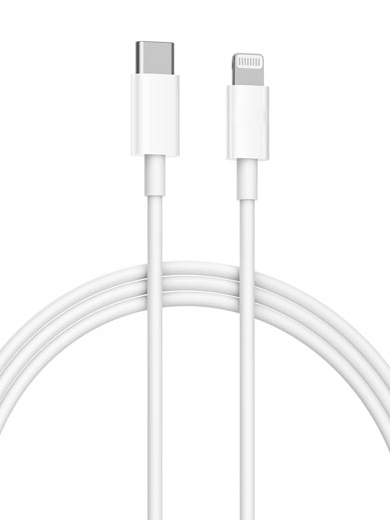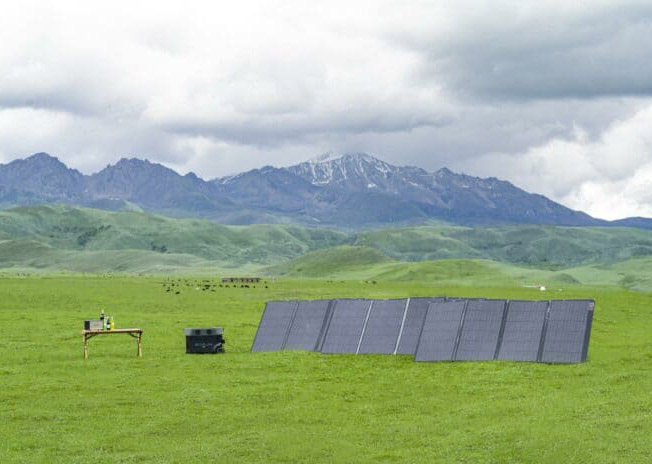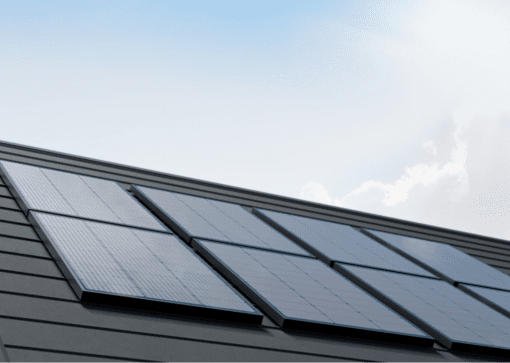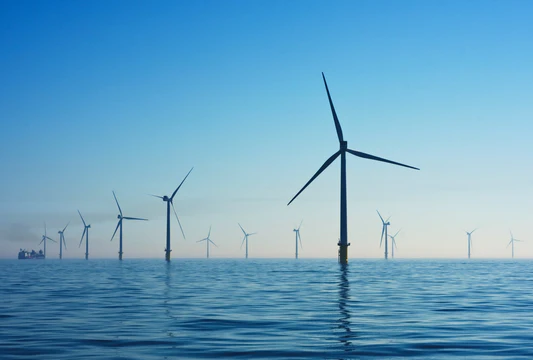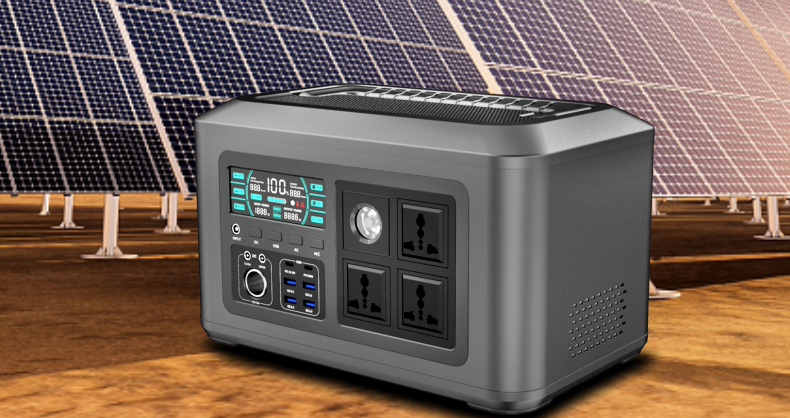Clean energy is a term used to describe energy sources that produce little or no greenhouse gas emissions when generating electricity. These sources include renewable energy sources such as solar, wind, and hydroelectric power, as well as nuclear energy.
Clean energy sources have several benefits compared to fossil fuels, which are the traditional sources of energy used to generate electricity. These benefits include:
-
Reduced greenhouse gas emissions: Clean energy sources produce little or no greenhouse gas emissions, which can help to reduce the negative impact on the environment and mitigate climate change.
-
Reduced air pollution: Fossil fuels, such as coal and oil, can emit pollutants into the air when burned, leading to air pollution and negative health impacts. Clean energy sources do not produce these emissions.
-
Increased energy security: Renewable energy sources, such as solar and wind, are often located within a country's borders, which can increase energy security by reducing reliance on foreign energy sources.
Overall, clean energy is a term used to describe energy sources that produce little or no greenhouse gas emissions and have a lower environmental impact compared to fossil fuels. These sources can help to reduce the negative impacts of energy production on the environment and promote a more sustainable energy future.




















